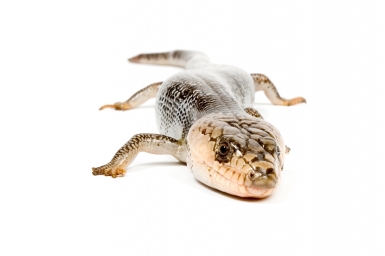
Browse Categories
- Dog Boot Camps
- Test
- Test
- Dogs Please Clicker Training
- Pet Insurance Comparison
- Exercising Pets With An E Scooter
- 10 Reasons Why Guinea Pigs Are Wholesome Little Pets
- Why You Should Use a Shed to House Your Pet
- How can Dog Owners Keep their Carpets Clean?
- How to Keep Your House in Order With Large Pets
- What is the Best Way to Feed a Puppy to Keep Them Healthy
- Pets Please
- All Animals and Pets
- Dogs and Puppies
- Cats and Kittens
- Birds
- Fish
- Reptiles
- All Other Small Pets
- Claws 'N' Paws Events
- PetsInLimbo/Greys4PetsInc.
News Search
PetsPlease News and Advice
How do I take care of a Reptile (Herp).
Raising a herp involves more than just providing it with a cage and food. There are other factors that you need to consider if you want to raise a herp successfully. As a rule, before you even think of owning one, you should do a thorough research on what type of reptile you want to own. This will give you a better idea on whether your place and your lifestyle are conducive to raising a reptile. Keep in mind that the price you will have to pay when purchasing a herp is cheaper compared to the cost of raising one.
Here are other factors that you need to think about when raising a herp.
- Size – Depending on the type of reptile that you want to raise, you need to be aware on how big it can grow. For example, there are snakes that can grow as long as 18ft which means you need to provide it with adequate housing.
- Regulations – Before you even buy a herp, make sure that you know the regulations governing raising reptiles in your areas. Please look below for State Government Links to get a Reptile Licence and permit in Australia.
- Housing – No matter what kind of reptile you want to raise, it is important that you provide it with adequate housing. Make sure that it is big enough for your pet to move around as well as locks to keep it from escaping.
- Nutrition and Feeding – You can get commercial feeds in pet stores but it is also important that you feed your herp natural food like fruits and live animals. This can be costly at times but it is part of their growing needs.
- Lighting – You should provide your herp with adequate lighting to help it grow naturally. There are herps that use light for heat as well.
- Care – If you will choose a herp that needs to be monitored regularly, make sure that you have the time to devote to it. You should also have an emergency plan on hand if your pet starts to get sick or any of the instruments that you have gets broken.
- Humidity – Herps are used to the balanced humidity levels in the wild which means you will need to regulate the humidity in your pet’s cage. Monitor humidity levels constantly so your pet can live peacefully.
Handling – If you want to constantly handle your pet, owning a herp might not be a good idea. However, if you do own one, make sure that you wash your hands thoroughly after to avoid getting infected or spread disease.

